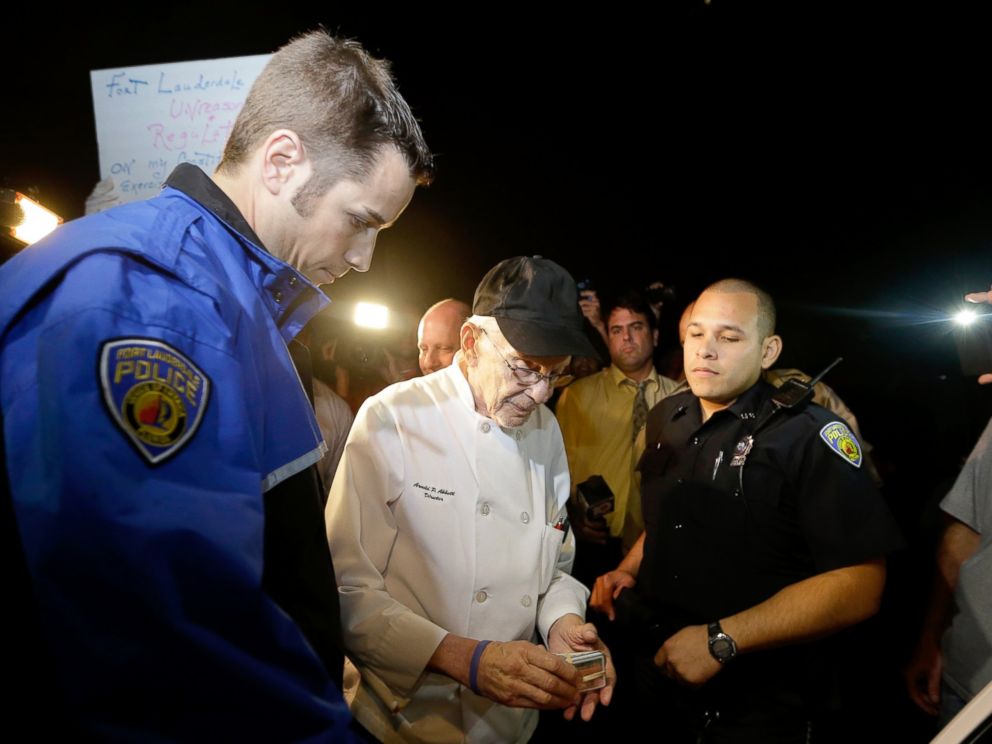Is the International Coalition in an IS Trap?
In terms of the obvious, the acting coalition includes 40 countries, against 20,000 fighters for the Islamic State group, according to American intelligence reports. This defies logic. What is surprising is Henry Kissinger saying, “The defection of 20,000 fighters from al-Qaida does not pose a threat to the United States.” What pushed the American administration to wage war against the Islamic State group? Was it the Islamic State group’s attack on Kurdistan, or the slaughter of American journalists, or did both serve as the pretext to an American invasion? Why did this problem require years of alliance? Does the United States want to say to Russia that the Iranian and Iraqi oil and gas lines, which pass through Iraq into Syrian fields, is deferred until a settlement on all regional matters!? Or, is there something happening behind the scenes which suggests that Washington could decide to finish off the dissident organization. After Washington effectively breaks the Islamic State group, will it target Russian intelligence, along with Syrian and Iranian intelligence agencies?
All of these questions are politically viable, and the answer depends on an objective political reading of the coming days. Is the collusion of the American administration contrary to the interests of its allies not possible? If we saw resolutions 2170 and 2178, recently issued by the U.N. Security Council, as specifically fighting terrorism, then we also saw the coming desires of the Syrian regime. These were demanded by the delegation sent to negotiations in Geneva, without presenting any concessions to the opposition, in the form of their participation in the coming interim government. That aside, the hostile rhetoric pursued by the U.S. administration about the Syrian regime give us a closer look at the intersections of these events, which have defined the context of the Syrian crisis. The events that led to the formation of the coalition is the work of the Washington media prior to the arrival of the Syrian delegate at the Security Council, who decided on the position of air strikes against the Islamic State group and al-Nusra front. We saw that the content of the Security Council meeting was more than coordination, which could include the involvement of Arab allies, and following them the Turks.
Statements from Vice President Joe Biden blamed the Arab allies for growing terrorism in Syria. It is impossible to understand this accurately except through the foundational context of events which came into being against the backdrop of Turkey’s reluctance in joining the war against the Islamic State group. What he said, which he apologized for, is the indicator of the transformation of the true intentions of the administration, considering that Obama did not comment on Biden’s statements. After that is was Assad who was the “magnet attracting terrorism,” according to John Kerry, who began insisting on Assad’s fall by way of the U.S. and its allies despite being the reason behind increasing terrorism!
This position also reflects an attempt at whitewashing responsibility, before the American political and cultural elites, and thus the general public, by burdening the allies with the consequences of what's happened. This puts the allies' in front of their priorities, especially in terms of the critical Turkish role, which it was forced into via the reality of the Islamic State group storming the city of Kobani. What resulted were the international denunciations and protests against the Turkish position, which was seen as blatant complicity.
The Turks are learning to strike the Islamic State group, which will relieve the Syrian regime and the Kurdish Democratic Union Party of Syria, a cousin to the PKK party that Ankara classified as a terrorist organization. The Syrian Kurds have interfered so they will serve in self-governing their own regions, which might encourage Turkish Kurds to finish their own project, the establishment of their own state. In contrast, the government in Ankara will not reap just its enemy the Islamic State group, but also an environment that incubates this organization, to say nothing of the pushing the sleeper cells against the government, putting it between the teeth of the pliers. Erdogan realizes that he is entering the war against Assad via the Islamic State group, without U.S. and NATO approval for the establishment of a buffer zone and a no-fly zone around it. However, this means Turkey’s involvement in the Syrian quagmire without the energy to carry itself alone. Hence, Erdogan will lose the war before it even begins. The situation is anything but sweet. Now it appears that Erdogan’s Iranian rival might beat him to both. Even the Kurdish papers have tried to get in on the action, with Iran and the U.S. also vying for influence, after taking Kurdistan from the Islamic State group. Hence Erdogan’s ignored the request of the U.N. envoy de Mistura concerning the entry of PKK supporters to save Kobani. The conflict may be back to square one, where Ankara will reluctantly arm moderate fighters!
We must point out one more important issue that remains concerning the declaration of the coalition against the Islamic State group, which is when American fighters hit al-Nusra Front and Khorasan group sites. This has united all of these forces, the concern being confusing factions of the free Syrian army, especially those allied with the al-Nusra Front. The question here is what are moderate fighters able to do, with such dramatic changes on the map, at a time when the government’s army is plucking fruit? Not to mention the establishment of the coalition states, as facilitated by Washington, has given a “legitimate argument” to the Islamic State group and al-Qaida for announcing jihad against it. This will ensure that jihadi pressure lightens up against the governments of Baghdad and Damascus!

